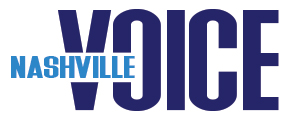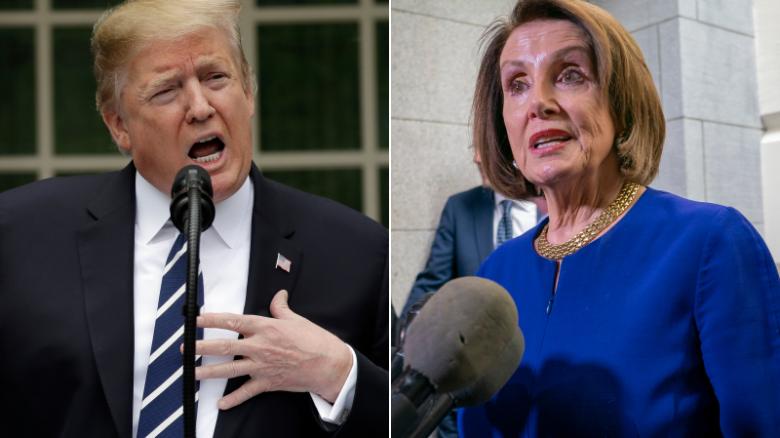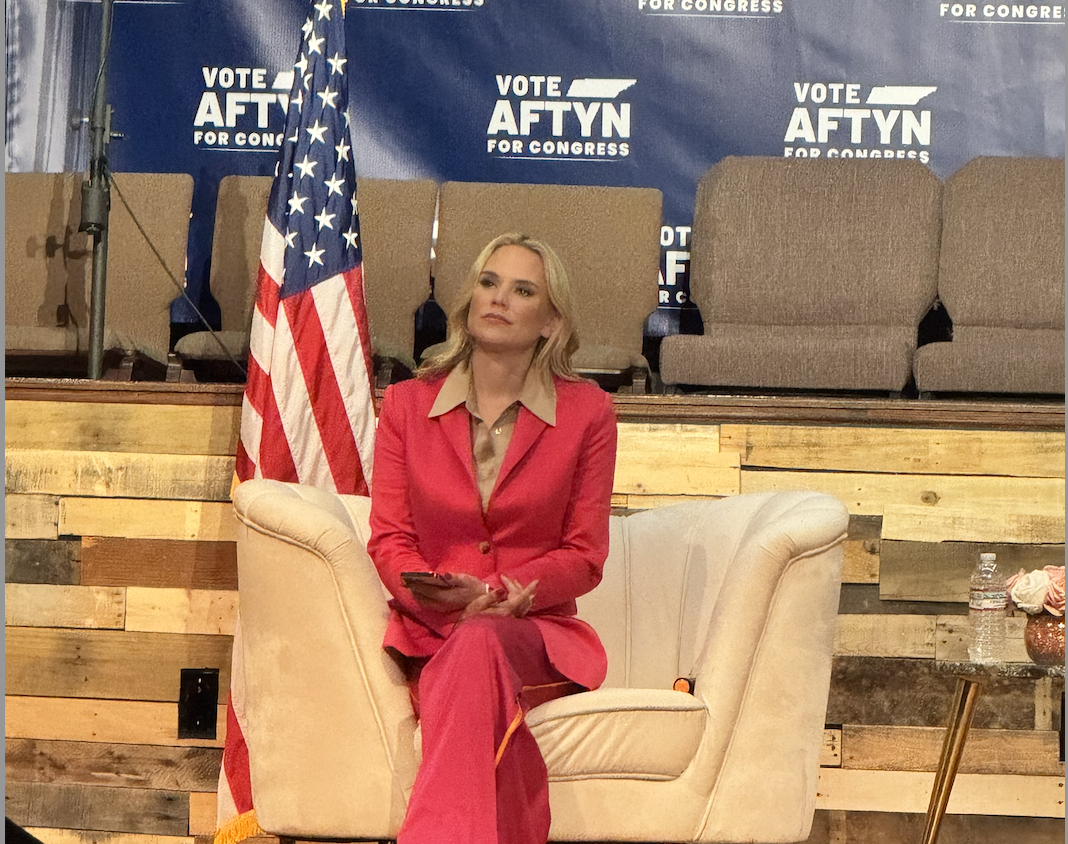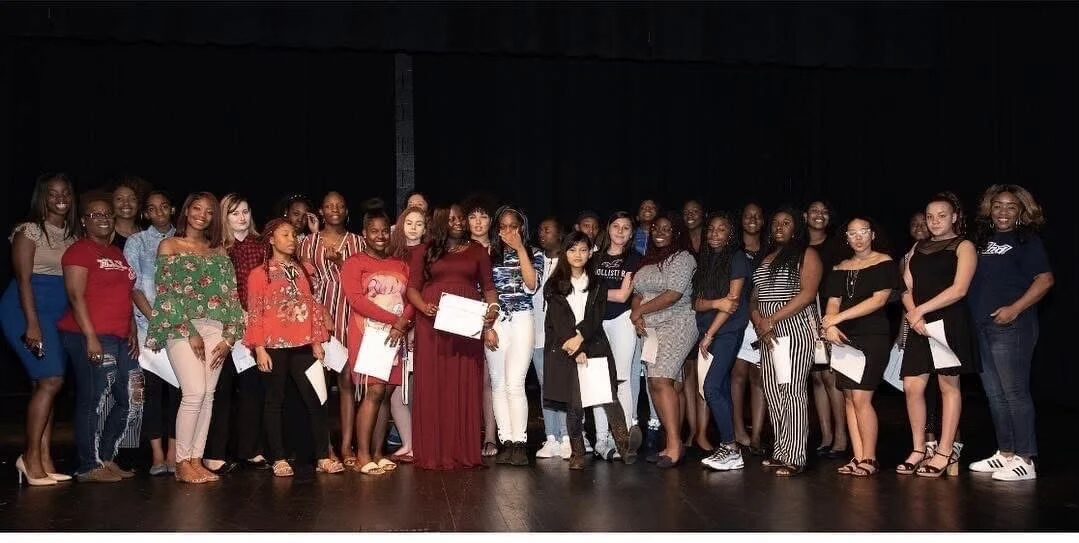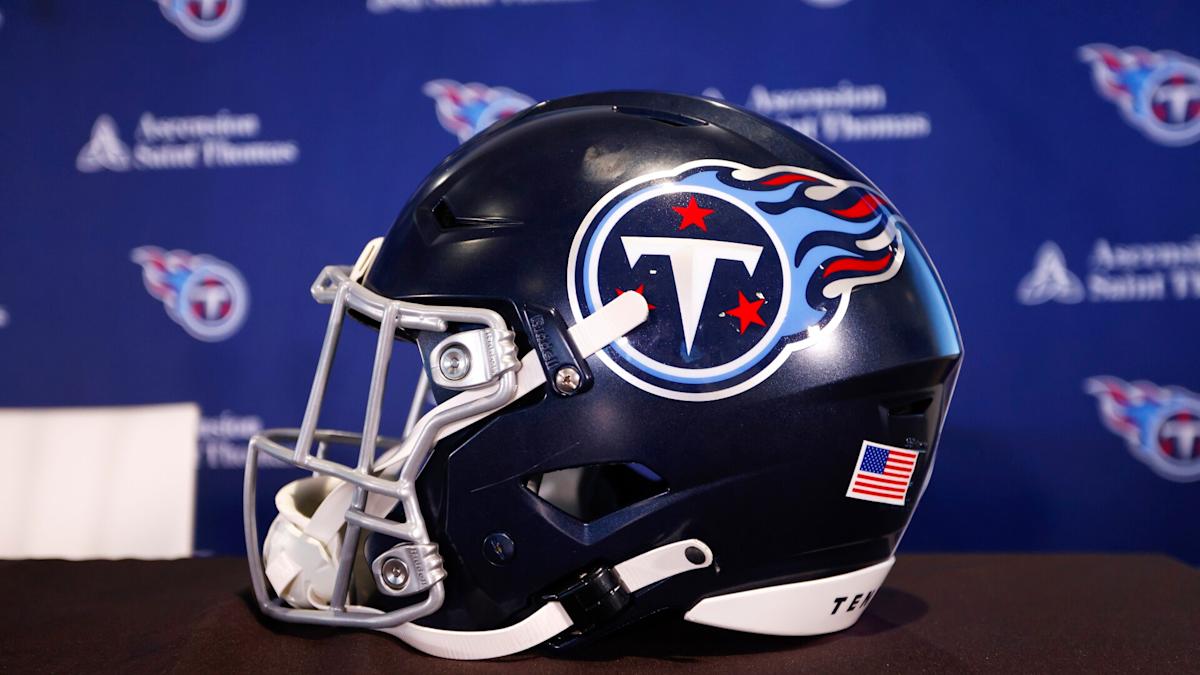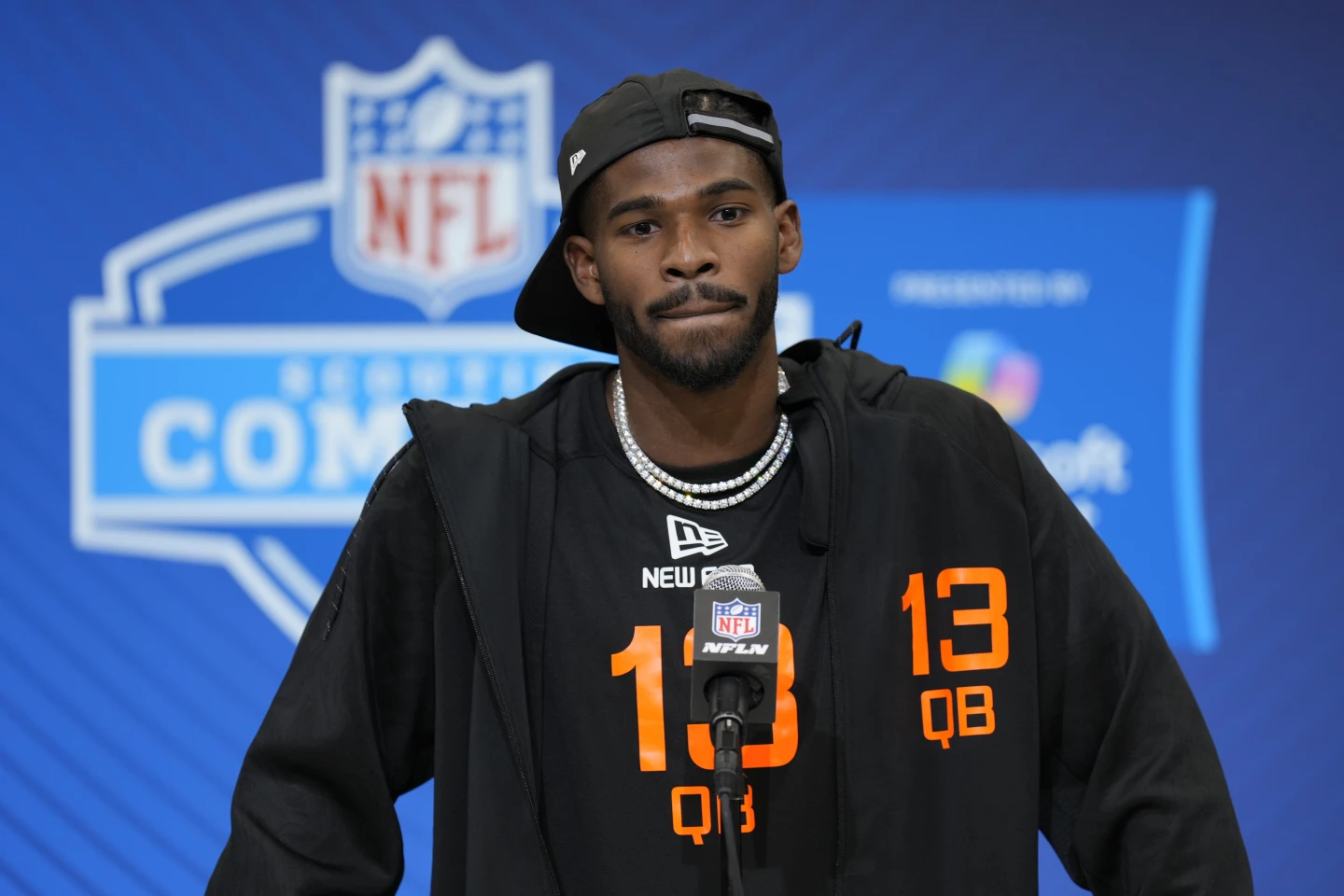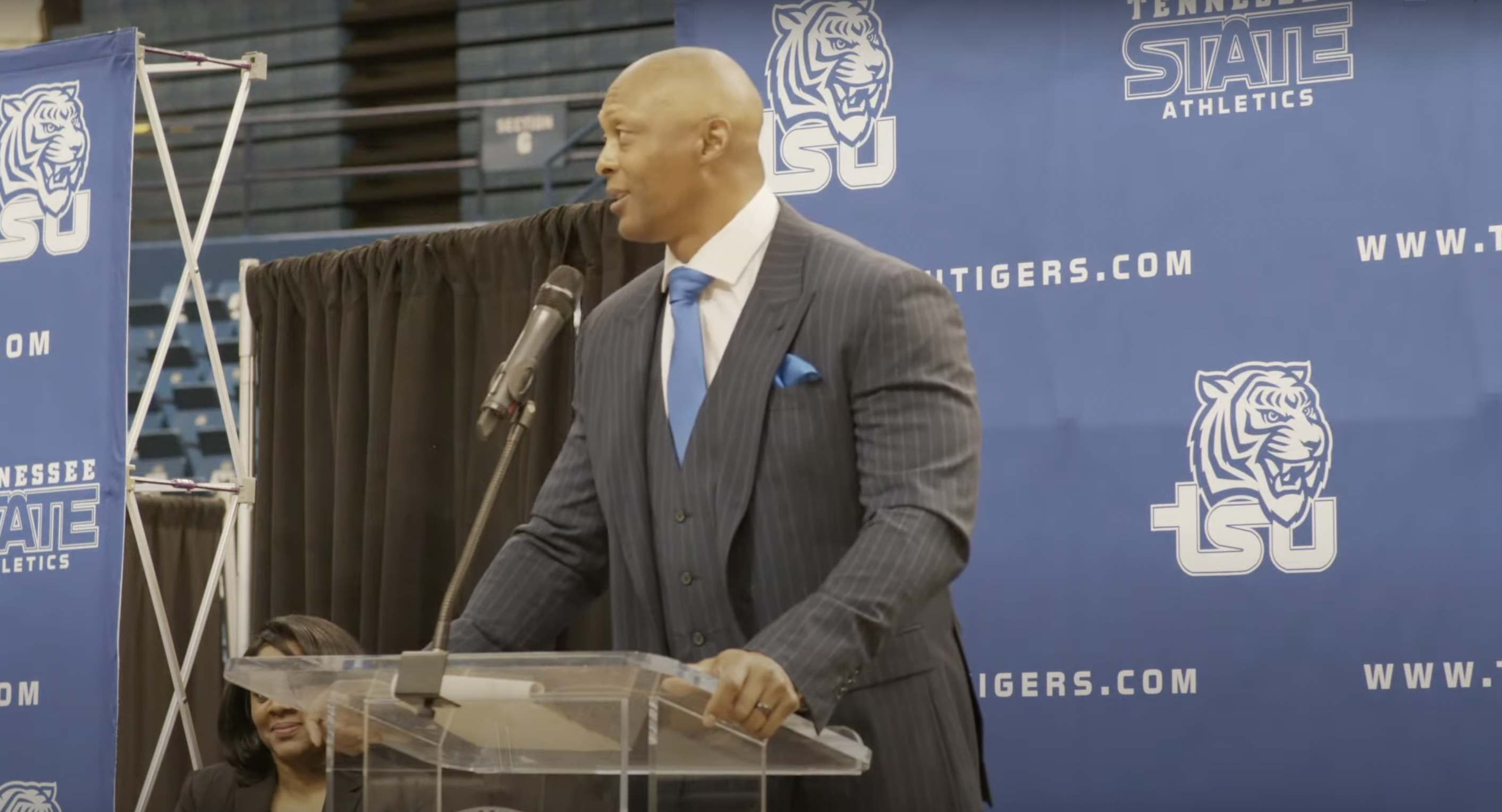A House panel led by Democrats found the Treasury Department encouraged banks to prioritize existing customers first when issuing loans for the Paycheck Protection Program. This decision is what kept the neediest small businesses at a disadvantage during the pandemic. The Select Subcommittee on the Coronavirus Crisis, led by Democrats, released the report on Friday after a months-long investigation according to Yahoo Finance.
Earlier this year, the panel raised concerns about billions of dollars in questionable PPP loans. The report finds that contrary to Congress’s clear intent, the Trump Administration and many big banks failed to prioritize small businesses in underserved markets, including minority and women-owned businesses. As a result, small businesses that were truly in need of financial support during the economic crisis often faced longer waits and more obstacles to receiving PPP funding than larger, wealthier companies.
The Select Subcommittee’s investigation revealed that Treasury, SBA, and several large financial institutions including JP Morgan Chase, CitiBank, and Bank of America failed to implement the PPP as Congress intended in at least three critical respects:
- Treasury privately encouraged banks to limit their PPP lending to existing customers, excluding many minority and women-owned businesses.
- SBA and Treasury failed to issue guidance prioritizing underserved markets, including minority and women-owned businesses.
- Several lenders processed bigger PPP loans for wealthy customers at more than twice the speed of smaller loans for the neediest small businesses.
A senior banker from JP Morgan Chase & Co. told Congress it was understood from the beginning that the Treasury knew banks were working with existing customers, the report said.
Failure to issue prioritization guidelines drastically affected Black business
The Federal Reserve Bank of New York reported, “Since the onset of the COVID-19 pandemic, Black business ownership has sharply dropped.” Forty-one percent of businesses owned by African Americans failed between February and April 2020, higher than any other demographic group and more than double the percentage of White-owned businesses that closed over the same period. The New York Fed identified “racial disparities in access to federal relief funds,” including “stark PPP coverage gaps” in hard-hit communities with many minority-owned businesses.
Citigroup employees expressed concern in an internal April 4 presentation that “a policy of not taking non-customers might create heightened risk of disparate impact on minority and women-owned businesses. Citigroup told the panel it partnered with community lenders to help those demographic groups, the report said.
In May of this year, Citi had in fact announced a partnership program with the National Banking Association (NBA), where Citi has created a purchasing facility that allows it to buy loans in the secondary market from Minority-Owned Depository Institutions (MDIs) originated under the Paycheck Protection Program. As part of the program, Citi would purchase up to $50 million of existing SBA approved PPP loans from MDI Member Banks, including Unity National Bank, with the expectation that other MDI Member Banks will participate.
“COVID-19 has brought to the forefront the racial, economic and social inequalities that exist in our communities. Partnering with community-based financial institutions to support those businesses and populations most impacted helps address the disparities that persist and support our communities in need” said Michael Corbat, Citi CEO.
Citi employees donated more than $2 million of their own money to support Covid-19 relief efforts, which Citi matched with an additional $2 million.
The Federal Reserve Bank of New York released a report in August that concluded areas with high numbers of Black-owned businesses may have received fewer PPP loans because of weaker relationships with financial institutions. Fewer than 1 in 4 Black-owned employer firms has a recent borrowing relationship with a bank. This number drops to 1 in 10 among Black nonemployer firms, compared with 1 in 4 white-owned nonemployers.
Truist told Yahoo finance 92% of its PPP loans went to companies with fewer than 50 employees and all of its applications were handled through a single application portal made available to clients on a first-come, first-served basis “without any preference given to larger or more affluent clients.”
“It’s also worth noting that approximately 27% of our PPP loans went to borrowers in majority-minority neighborhoods across our markets, which demonstrates our commitment to serving all demographics in our communities,” said Kyle Tarrance, a Truist spokesperson, in an email to Yahoo Finance reporter, Jessica Smith.
Republicans on the subcommittee bashed Democrats for not extending the Paycheck Protection Program. A spokesperson said, “Millions of Americans’ jobs are on the line and Democrats continue to play politics with their livelihood.”
In May, the Democratic-controlled House approved the $3 trillion HEROES bill that went nowhere in the Senate. The White House offered a compromise $1.8 billion plan. Pelosi said the deal’s price tag was just a part of what it needs to offer.
“The testing. The tracing. The treatment. The mask-wearing. The separation. The sanitation. And all that goes with it,” she said, adding that she wants more information about a national strategy to combat the pandemic.
Majority Leader Mitch McConnell plans to bring up a $300 billion narrow relief bill this week, which would include new funding for the small business aid program — a bill that was previously rejected by the House in September. House Speaker Nancy Pelosi on Sunday gave the White House 48 hours to reach a deal on a new coronavirus stimulus plan — saying otherwise Congress will not be able to pass the relief before the November election.
About the Author:
Aireka Harvell is the founder and CEO of Nodat Inc. and a thought leader for the small business industry. Nodat is the first single platform for acquisition, retention and promotion that helps small businesses drive new and repeat customers.
